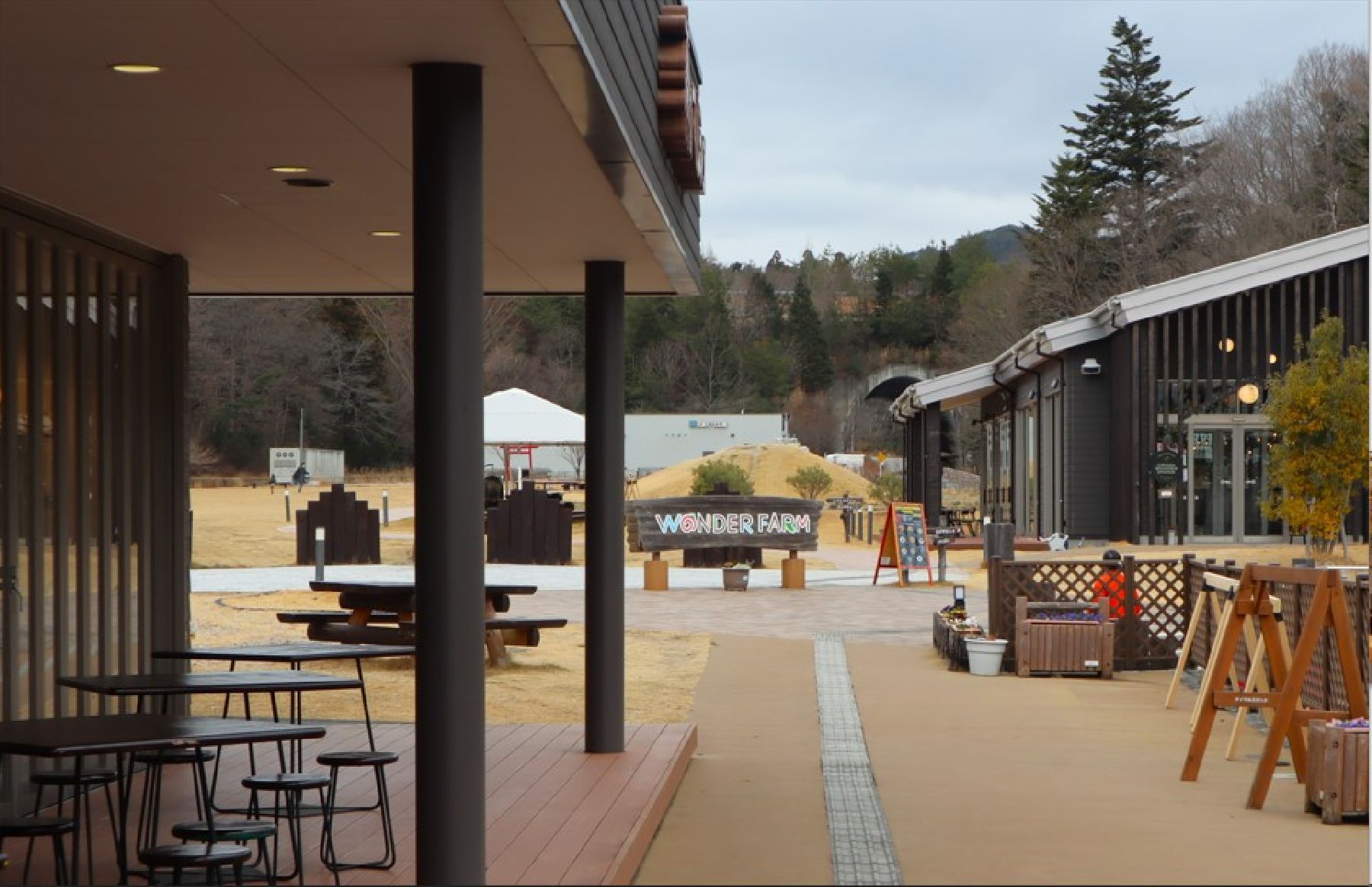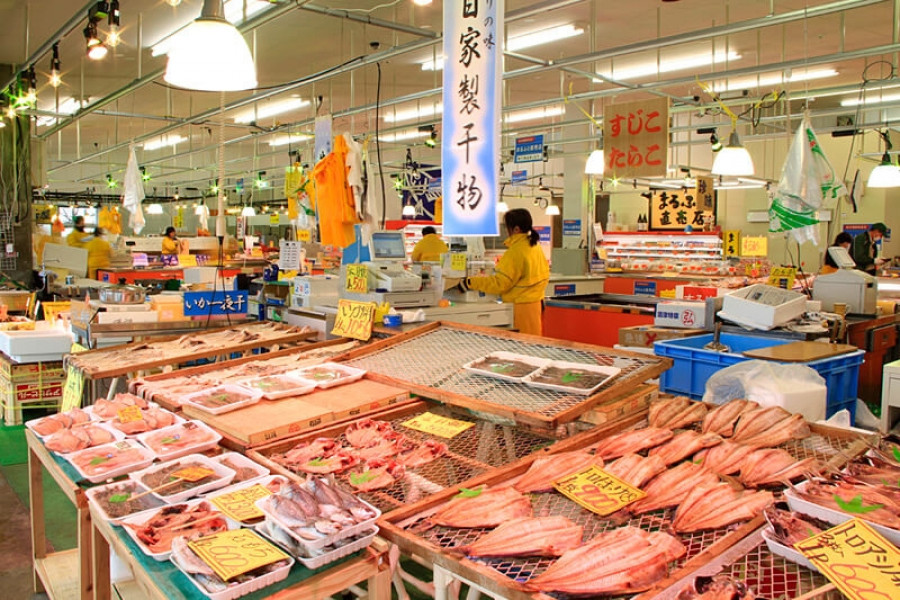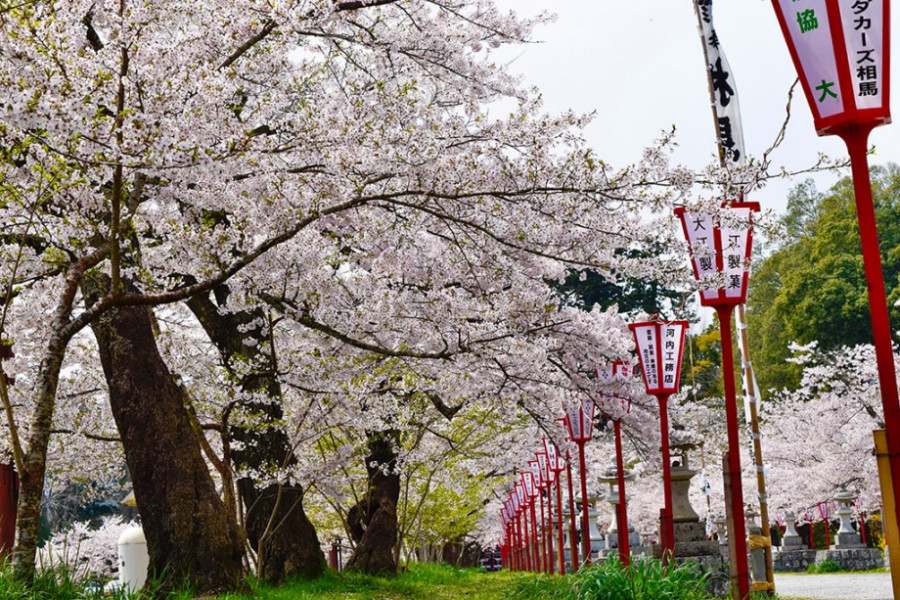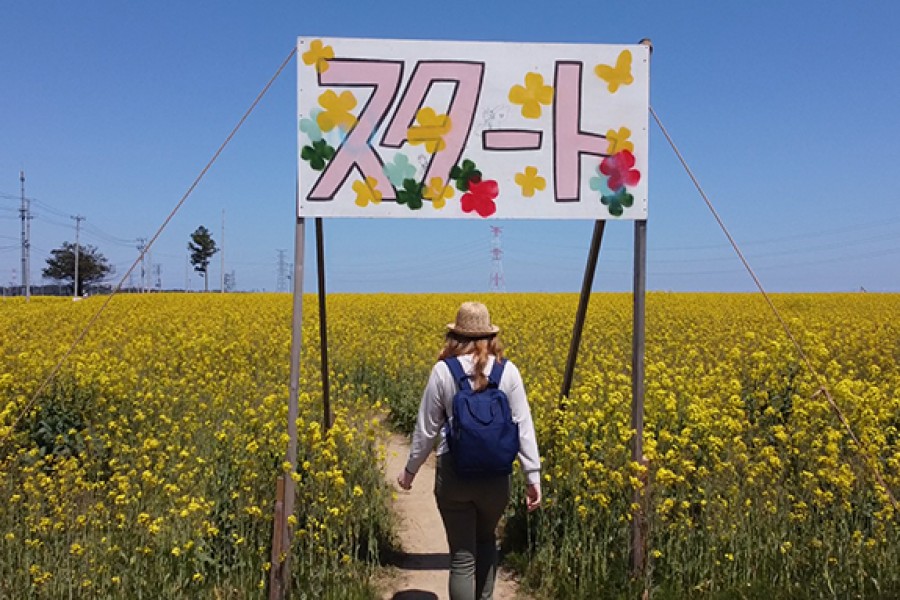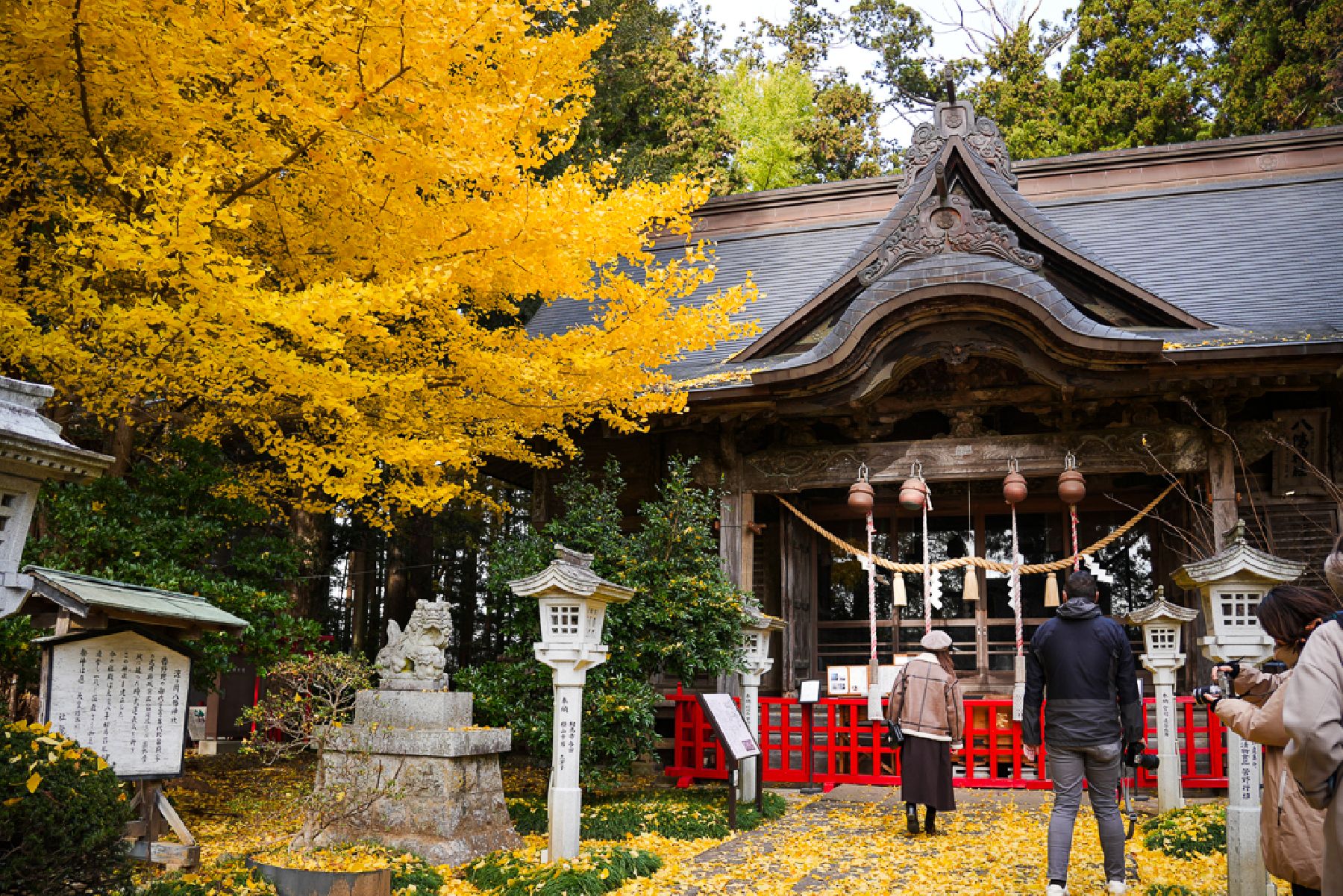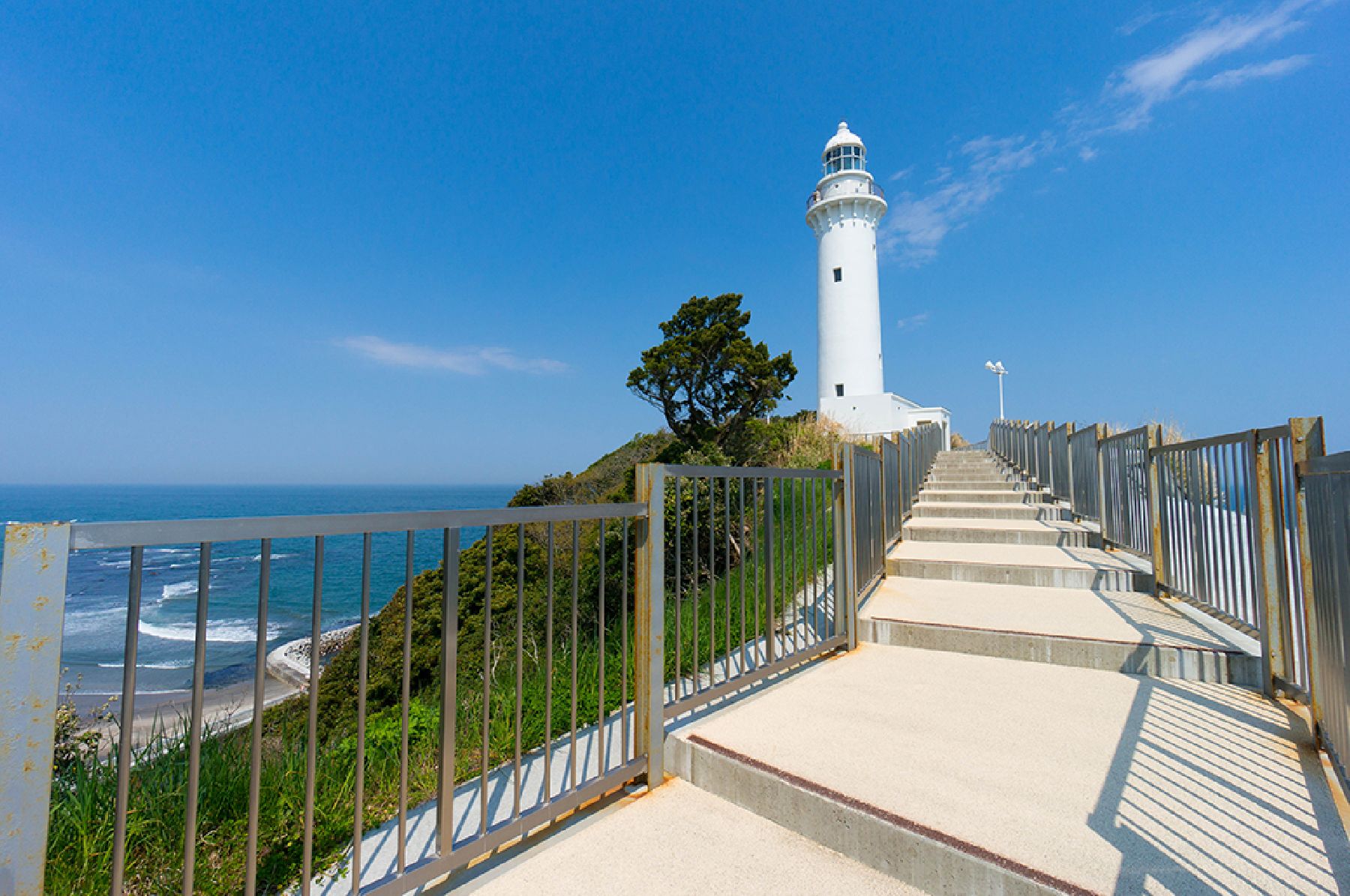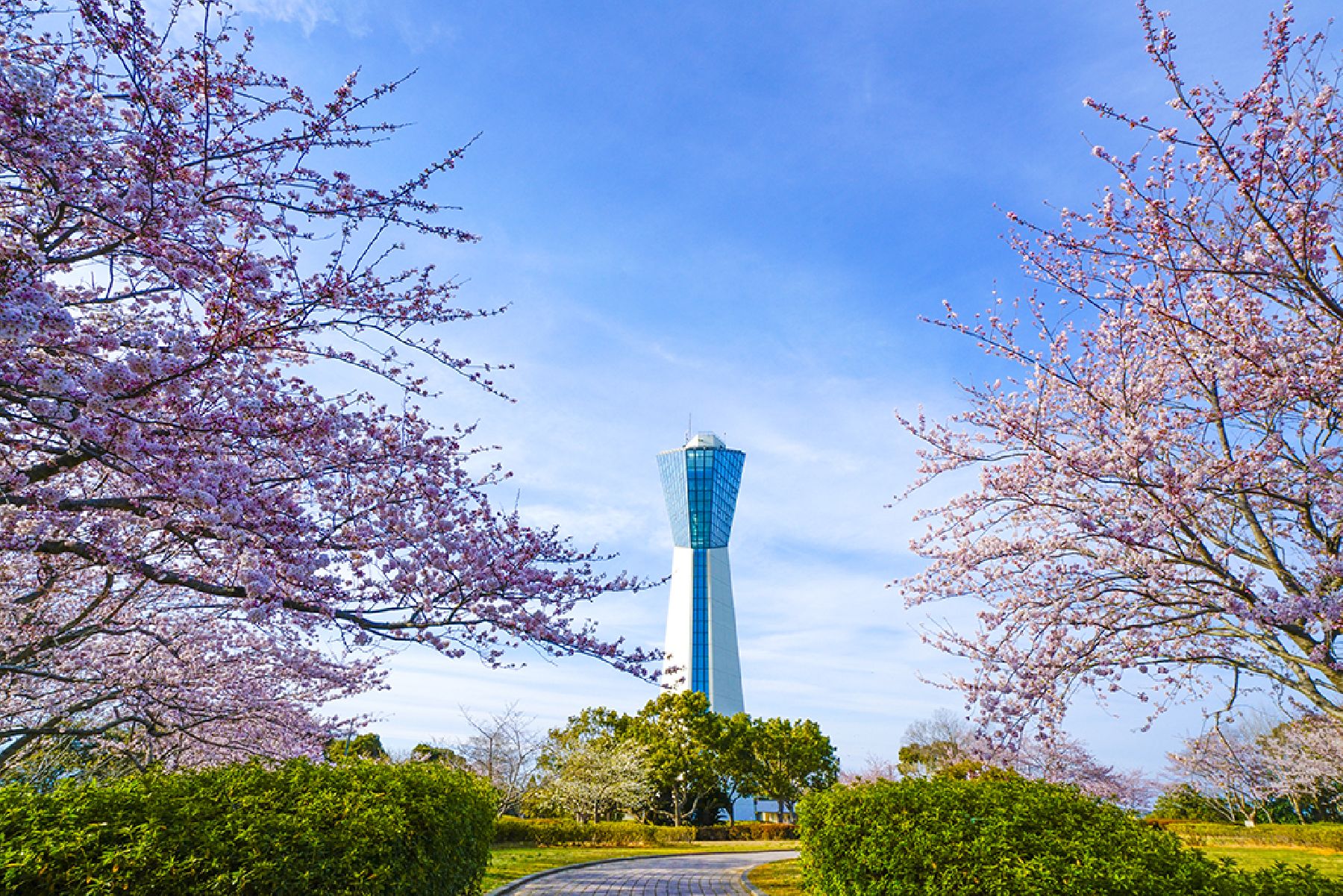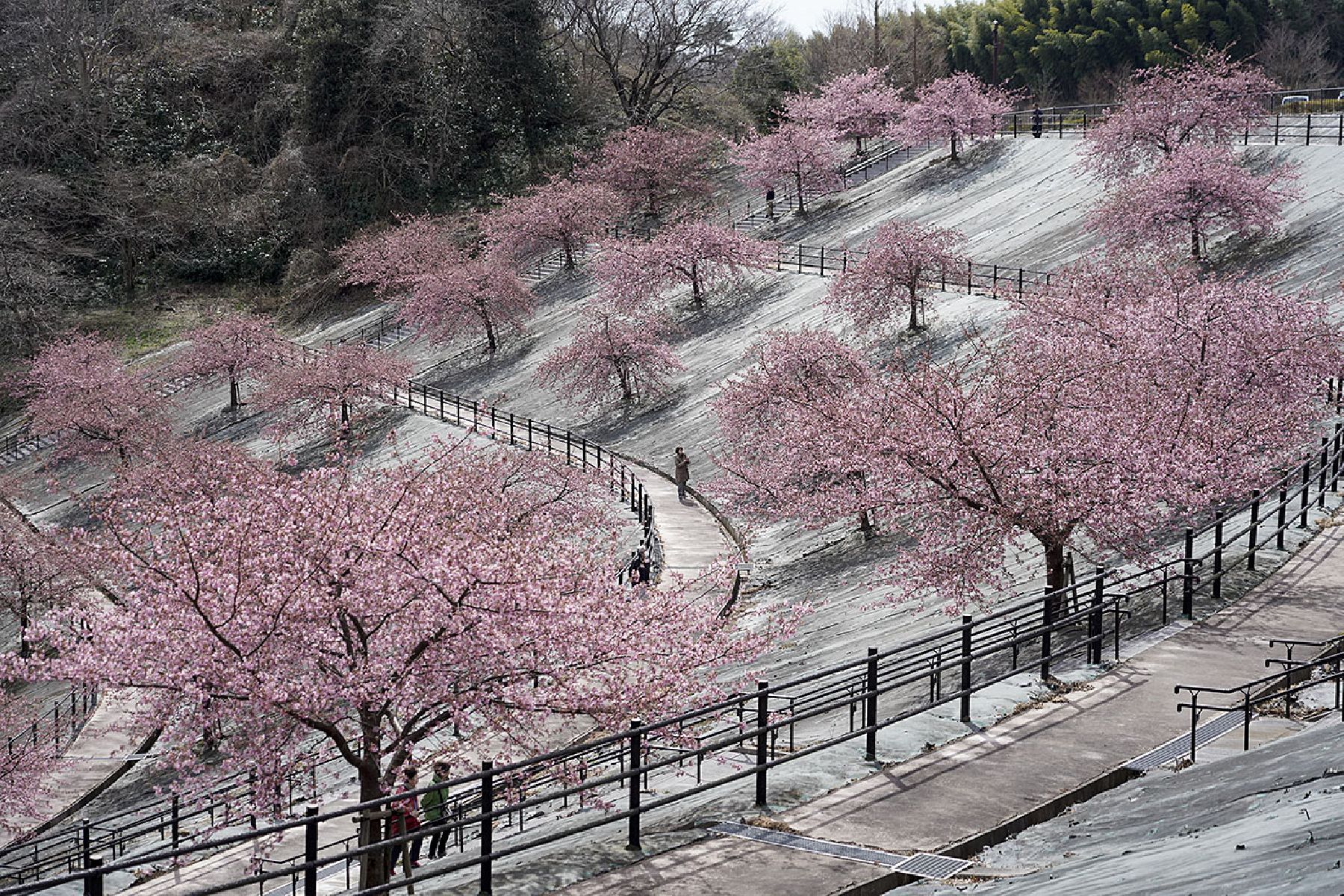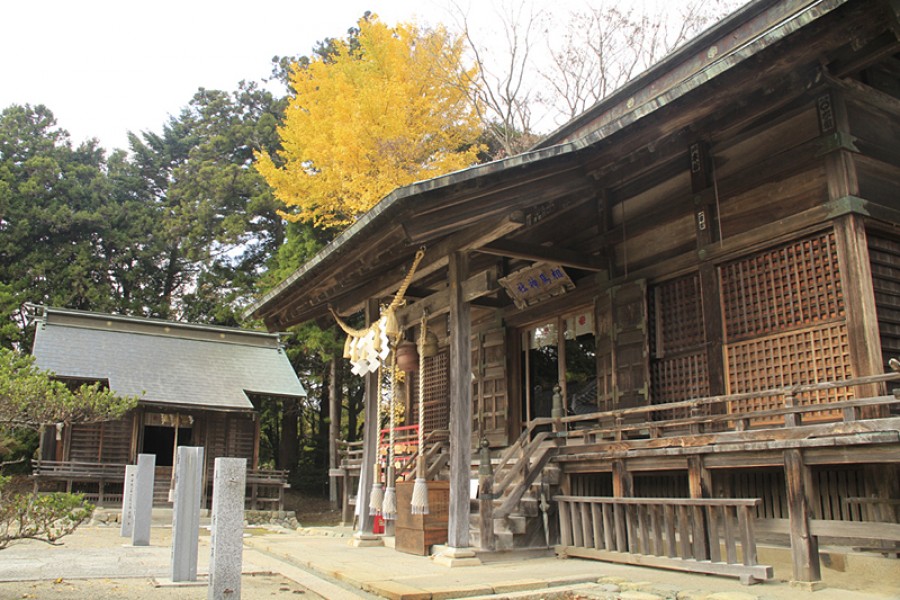
Soma Nakamura Shrine
Soma Nakamura Shrine, long revered for enshrining the patron deity of the Soma clan, is built on a small hill in the western area of the Nakamura Castle grounds by Baryo Park.The shrine was erected in 1643 by Soma Yoshitsune, the 18th head of the Soma family.The main shrine is a an example of Gongen Shinto architecture, in which the main hall and worship hall are connected by a passageway, and the lacquer, painting, and metal fixtures are authentic representations of its Kan'ei era construction.The shrine was designated as a national important cultural property in 1984.
